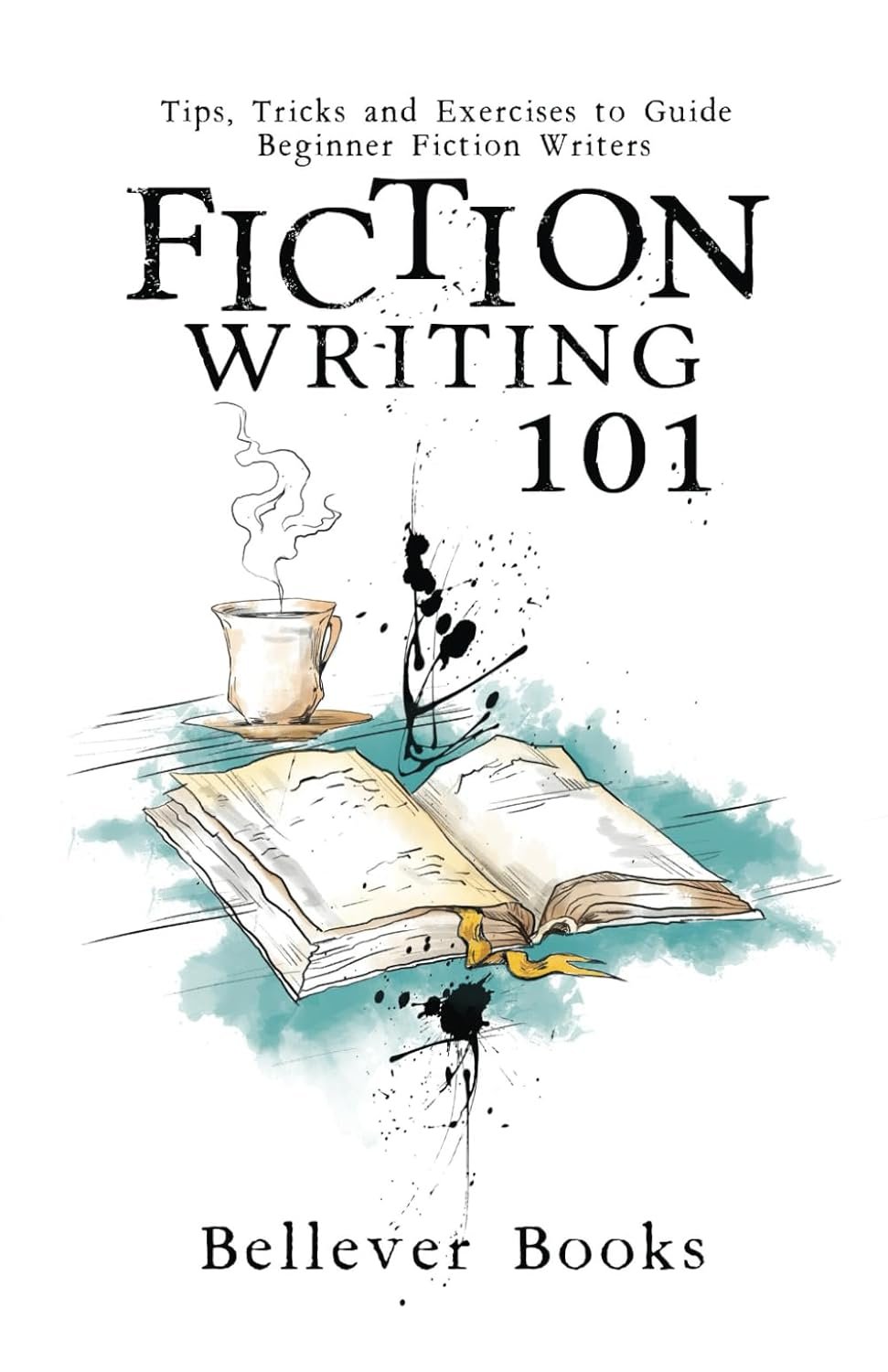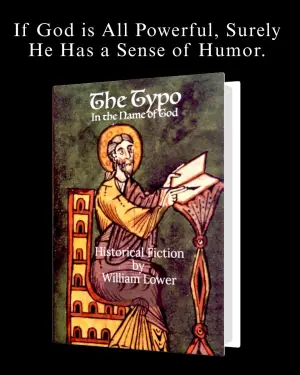
27 Jun Unlocking Creativity: A Journey Through Fiction Writing 101
Unlock Your Literary Potential: A Review of Fiction Writing 101
As an unabashed book lover and an aspiring fiction writer, I stumbled upon Fiction Writing 101: Tips, Tricks and Exercises to Guide Beginner Fiction Writers by David F. Castillo, and I must say—it was like finding a goldmine amidst a sea of writing guides. The title alone had me curious, promising not just tips but a transformative journey for writers at every stage. After devouring its pages, I’m thrilled to share my thoughts on this treasure of a book that feels like a conversation with a wise mentor.
From the outset, Fiction Writing 101 embraces the idea that storytelling is both an art and a skill to be honed. This isn’t just a textbook filled with dry, academic jargon; Castillo’s writing is approachable and imbued with a warmth that invites you in. Each chapter is crafted with care, guiding you through the essential elements of storytelling—from devising plot twists that keep readers guessing to creating characters that leap off the page and into the hearts of your audience.
One of my favorite aspects was the focus on character development; Castillo emphasizes the necessity of crafting a backstory for every character, regardless of whether it makes it into the final draft. This perspective resonated with me deeply as I often find myself entangled in the web of my characters’ histories. The exercises sprinkled throughout the chapters served as practical tools for breaking through creative blocks and igniting my imagination. For instance, writing letters between characters—a delightful prompt—encouraged me to view my creations from fresh angles, breathing life into stagnant narratives.
I particularly appreciated Castillo’s perspective on the often-daunting revision process. He cleverly quips, “The water does not run unless the faucet is turned on.” This metaphor hit home, reminding me that the first draft is merely the beginning. It’s a reassuring nudge to embrace the messiness of creation, allowing my words to flow freely before shaping them into something polished.
The book also shines in its insights on dialogue—both how to write it authentically and how to avoid the cringe-worthy clichés that can plague novice writers. There was a refreshing emphasis on reading widely and critically—encouraging us to see great stories through the lens of analysis while still savoring them for enjoyment. This dual approach makes reading feel like an essential exercise for any budding writer.
In conclusion, Fiction Writing 101 is not just for beginners; even seasoned writers can uncover valuable gems within its pages. It serves as a reminder that storytelling has no age limit and that every writer can continue to learn and grow. If you’re on the fence about your writing journey or are looking to rekindle that creative spark, I wholeheartedly recommend picking up this book. After all, embarking on the path of a storyteller is not merely about finding your voice—it’s about letting your stories soar.
So, grab a copy, turn on that faucet, and let the words flow! 🌟









